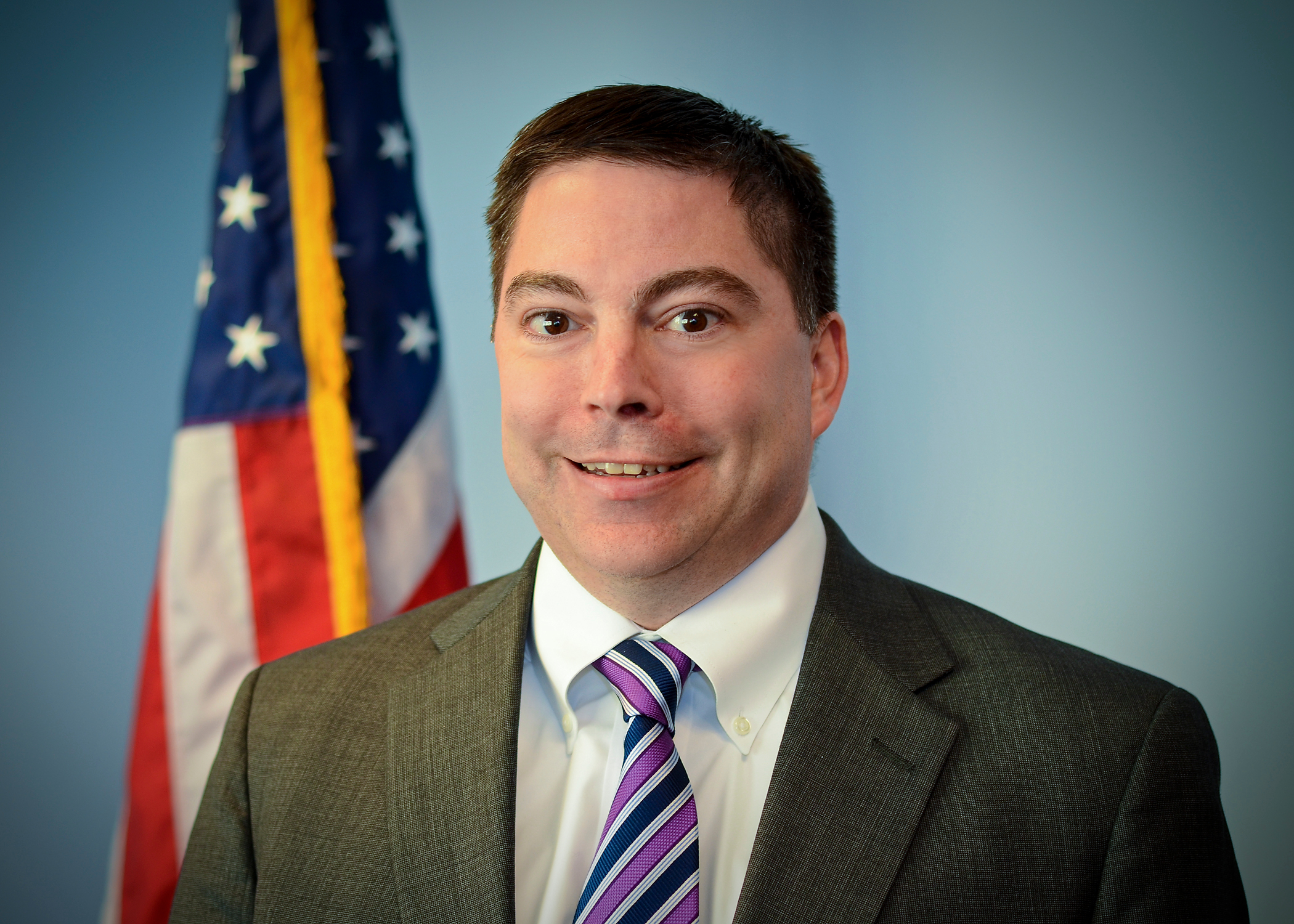O’Rielly: Putting the Pep Back in Policy and Process
The Federal Communications Commission’s Michael O’Rielly dug deep in the weeds of policy discussion in a speech with the American Enterprise Institute, saying some of the most dissimilar policy issues in place at the FCC can actually be tied together with a unifying message: that the FCC is committed to economic freedom, fiscal constraint and simplifying unnecessarily complicated process issues.

O’Rielly said that one of his key priorities since he arrived as a commissioner in 2013 has been advancing FCC process reforms, such as working to ensure more transparency for FCC rulemakings and orders that are coming up for a vote.
Despite concerns from former FCC Chairman Tom Wheeler, O’Rielly said, there were no doomsday scenarios once now-Chairman Ajit Pai moved to make commission meeting items publically available before a vote was made. This step is now taken before every FCC Open Meeting. “In fact, transparency has resulted in more informative discussions, fewer unnecessary meetings, and, overall, a better work product,” O’Rielly said. “Who would have guessed it?”
At the AEI gathering on April 19, O’Rielly suggested that the commission begin to apply this type of process reform to other areas, including those items that are on the commission’s circulation list. By doing so, the commission avoids creating a secretive, potentially abusive path ripe for considering documents of any length and importance, he said.
[Read: FCC’s O’Rielly: Thank Goodness for Broadcasters]
He also touched on the need to review the commission’s Kid Vid children’s programming rules, which require broadcasters to provide educational and informational programming to children as part of their broadcast license renewal process. Those rules require broadcasters to regularly schedule and air three hours of informational and educational programming for children that is at least 30 minutes in length between the hours of 7 a.m. to 10 p.m.
Unfortunately, these well-intentioned rules have not worked to deliver high-quality content for children, O’Rielly said. “As is often the case when government tries to create a market, this endeavor failed spectacularly,” he said. Data suggests a 99% decline in children viewership (ages 2 to 11) on Saturday mornings. “That’s an important segment of children that are simply not watching the commission’s mandated Kid Vid programming,” he said. Instead, some are turning to online sites like YouTube, an unregulated platform “that may deliver high-quality programming to children, or, may label content as children’s programming but instead offer something quite different,” he said. “I have seen this firsthand as a father of a two- year-old.”
The professional video industry's #1 source for news, trends and product and tech information. Sign up below.
While the market the government sought to create with its Kid Vid rules never took off, other markets were killed in the process, O’Rielly said. He pointed to the demise of short-form programming like “School House Rock” and programming that was not regularly scheduled like “Afterschool Specials” that were oftentimes popular with children. “Once the FCC determined that this would not count towards the broadcaster’s ‘core programming’ requirement, interest in producing such shows ceased,” he said.
O’Rielly said the commission plans to set up a rulemaking this summer that will explore ways to “breathe flexibility into the Kid Vid rules.” This rulemaking should eliminate the elements of those rules that have had unintended consequences, would streamline existing reporting requirements, and will consider the needs of those U.S. households who still receive their programing strictly over the air, he said.
“I am hopeful that throughout this process more people will weigh in on the costs and benefits of the commission’s Kid Vid requirements, so we can build a robust record on this topic,” he said.
O’Rielly touted other ongoing changes at the commission, including the creation of the Office of Economics and Analytics (OEA). This office is designed to bring a more effective cost-benefit analysis discussion to items being considered by the commission. Once established, the office will undertake what O’Rielly called a rigorous, economically grounded cost-benefit analysis for any rulemaking that could have an annual effect on the economy of $100 million or more.
The commission also adopted a rule that requires the OEA to sign off on an item prior to its release to the public. Up next: a rulemaking that will propose that OEA follow the set of guidelines standardized by the Office of Management and Budget when it comes to handling the way benefits and costs are measured and reported across agencies.
All these steps are designed to improve the interworking of the agency, O’Rielly said. “Overall, my ultimate goal remains: to leave the commission in a better procedural place than I found it,” he said.
The commissioner also touched on advancing 5G services and budgeting for the universal service fund.
Susan Ashworth is the former editor of TV Technology. In addition to her work covering the broadcast television industry, she has served as editor of two housing finance magazines and written about topics as varied as education, radio, chess, music and sports. Outside of her life as a writer, she recently served as president of a local nonprofit organization supporting girls in baseball.

